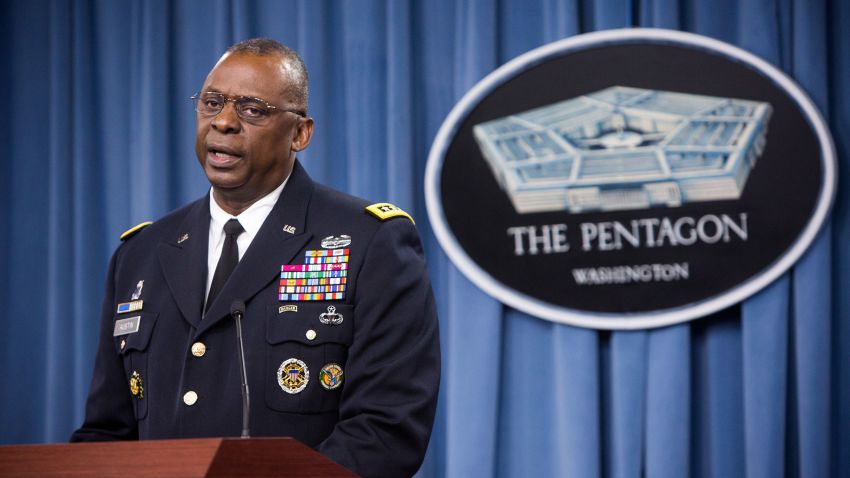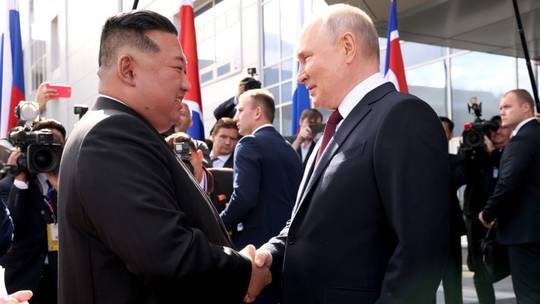
In a recent testimony to the US House Armed Services Committee, Secretary of Defense Lloyd Austin and US Joint Chiefs of Staff General Charles Brown highlighted the deepening ties between Moscow and the Democratic People’s Republic of Korea (DPRK), underscoring concerns about the implications for regional security.
Austin's remarks come in the wake of recent events signaling a strengthening alliance between Russia and North Korea. Notably, relations between the two nations intensified following Kim Jong-un's visit to Russia last September for discussions with President Vladimir Putin. This high-profile meeting emphasized a convergence of interests, particularly in areas of strategic cooperation.

Furthermore, a significant meeting between Russian and North Korean defense chiefs took place in Pyongyang last July, further solidifying the emerging alliance. These interactions serve as tangible evidence of the evolving rapport between Russia and North Korea, prompting considerations about the potential implications for regional security dynamics.
Secretary Austin's concerns about the Russia-North Korea alliance are echoed by US Joint Chiefs of Staff General Charles Brown, who emphasized the interconnected nature of threats posed by Russia, China, North Korea, and Iran. This recognition underscores the complexity of the global security landscape and the interplay between various geopolitical actors.
“North Korea, again, it’s becoming more confident because of its affiliation with Putin,” Austin told lawmakers. He also cited expanding cooperation between Russia, North Korea, Iran and the People’s Republic of China (PRC)
Moreover, Austin also claimed that Russia turned to the DPRK for additional artillery shells and other munitions to replenish its stockpiles in the Ukraine conflict. However, North Korean and Russian officials have denied accusations of arms transfers from Pyongyang. They have also accused the US and its Northeast Asian allies of worsening tensions in the region by preparing for war with the DPRK.

The convergence of perspectives from senior US military officials highlights the shared recognition of the evolving nature of global security threats. By acknowledging the interconnection between threats posed by Russia, China, North Korea, and Iran, policymakers can better formulate strategies to address these challenges effectively and safeguard international peace and stability.
As the United States and its allies navigate multifaceted security challenges, including those emanating from North Korea's nuclear ambitions and Russia's strategic maneuvers, the recognition of interconnected threats underscores the need for a comprehensive and coordinated approach. Understanding the broader context in which the Russia-North Korea alliance is evolving is crucial for formulating strategies to mitigate potential risks and promote regional stability.
In light of these developments, proactive engagement and cooperation among nations remain essential to averting potential crises and safeguarding international peace and stability in an era characterized by geopolitical uncertainty and rapid strategic shifts.















